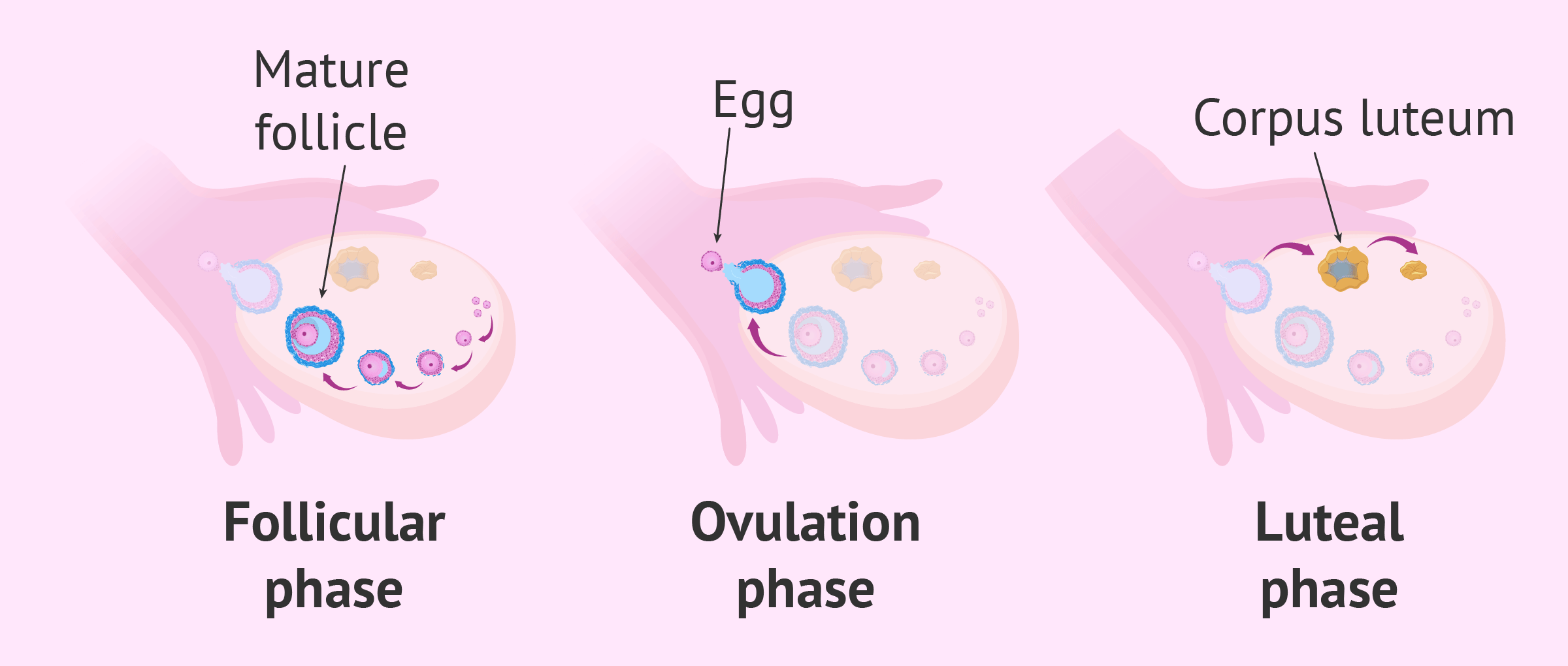Ovulation is the process by which an ovarian follicle ruptures to release a mature egg into the Fallopian tube. It takes place during the ovulatory phase of the menstrual cycle.
Prior to this phase, i.e. follicular phase, an ovarian follicle develops thanks to the effects of FSH (follicle-stimulating hormone). After ovulation, the ruptured follicle becomes the corpus luteum, responsible for the production of estrogen and progesterone to favor endometrial growth.
Read the full article on: When does ovulation occur – what are the signs and symptoms of it? ( 57).
By Gustavo Daniel Carti M.D. (gynecologist), Laura García de Miguel M.D., M.Sc. (gynecologist), Marta Barranquero Gómez B.Sc., M.Sc. (embryologist), Zaira Salvador B.Sc., M.Sc. (embryologist) and Michelle Lorraine Embleton B.Sc. Ph.D. (biochemist).
Last Update: 04/11/2018
